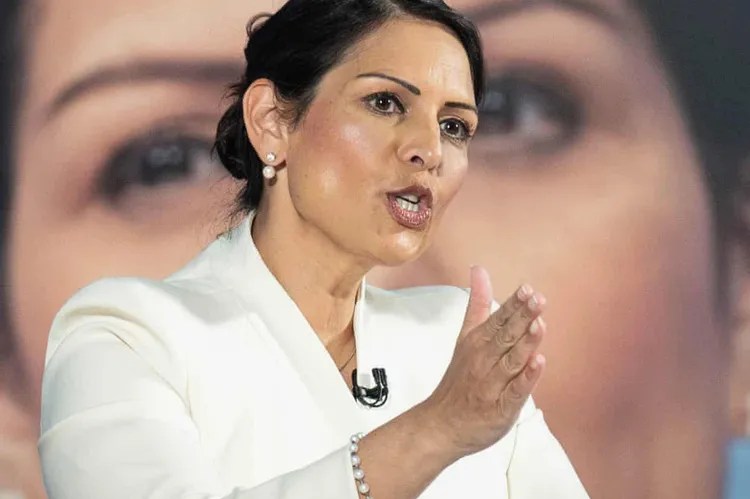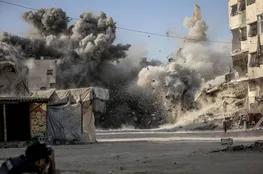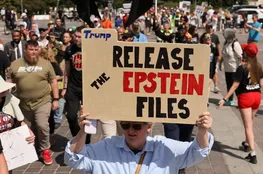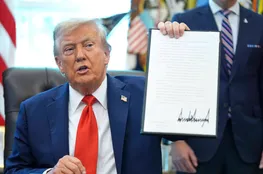The escalating tensions surrounding Iran’s nuclear ambitions have ignited a significant debate within UK politics, with Shadow Foreign Secretary Priti Patel firmly stating that Iran must not be allowed to acquire nuclear weapons. Patel's declaration underscores the growing concern among opposition figures regarding the potential global ramifications of a nuclear-armed Iran. This stance represents a clear challenge to the current government's approach and signals a potential shift in the UK’s foreign policy strategy concerning the Middle East. The conversation surrounding this issue is particularly complex, considering the ongoing diplomatic efforts to negotiate a nuclear deal with Iran, while simultaneously acknowledging the very real threat posed by the country’s pursuit of such weapons. Patel’s comments highlight a critical tension between engagement and deterrence, a dynamic that will undoubtedly shape future discussions and decisions regarding the UK’s role in international efforts to prevent proliferation. Furthermore, the potential for escalation remains a primary concern, with analysts suggesting that a failure to address Iran’s nuclear program decisively could lead to further instability in the region and potentially trigger a wider conflict. The debate is not simply about preventing Iran from obtaining nuclear weapons; it’s about the broader implications for regional security and the UK’s commitment to upholding international norms. The opposition’s strong stance reflects a desire to demonstrate leadership and assert a proactive approach to a dangerous situation. It’s anticipated that this issue will be a central focus in upcoming parliamentary debates, with both sides of the political spectrum likely to present compelling arguments regarding the appropriate course of action. Ultimately, the question remains: how can the UK effectively balance its diplomatic objectives with the urgent need to prevent Iran from obtaining a nuclear arsenal, and what level of engagement is truly sustainable in the face of such a significant threat?
The situation demands a carefully considered strategy, one that prioritizes both security and diplomacy, and Patel’s statement represents a key element in that ongoing discussion, emphasizing the necessity of a robust and unwavering stance against the proliferation of nuclear weapons. The implications of inaction are simply too grave to ignore, and the UK’s response will undoubtedly be scrutinized on both domestic and international levels. The opposition’s strong stance reflects a desire to demonstrate leadership and assert a proactive approach to a dangerous situation. It’s anticipated that this issue will be a central focus in upcoming parliamentary debates, with both sides of the political spectrum likely to present compelling arguments regarding the appropriate course of action. Ultimately, the question remains: how can the UK effectively balance its diplomatic objectives with the urgent need to prevent Iran from obtaining a nuclear arsenal, and what level of engagement is truly sustainable in the face of such a significant threat?
























